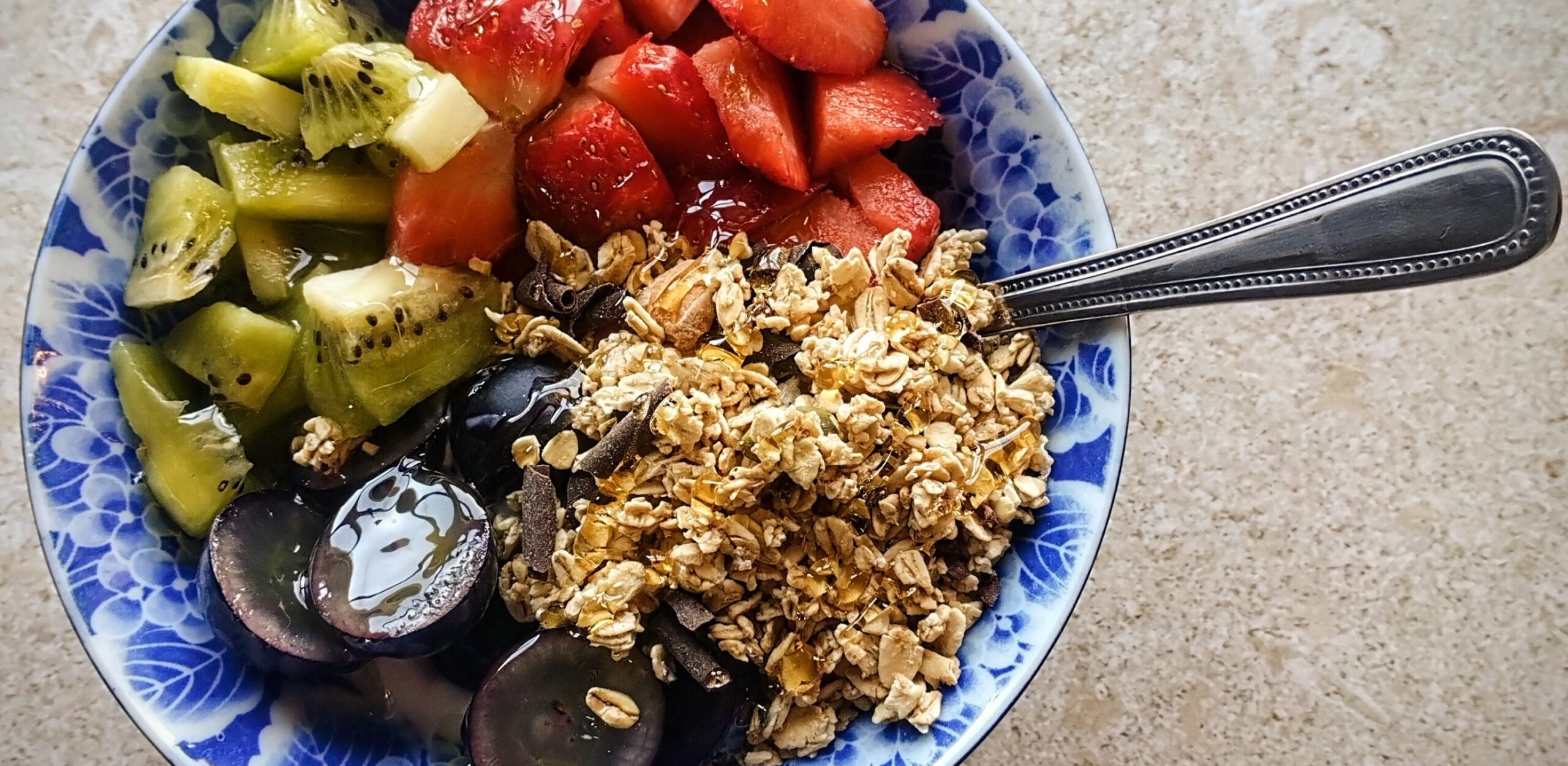Cost-Effective Recipes
Find delicious and healthy recipes that won’t break the bank. All recipes on this blog are designed to nourish your body and keep your wallet happy, making healthy eating accessible for everyone.


Mastering the Art of Budget Shopping
Learn how to shop smart with these tips on finding the best deals and discounts. Maximize your grocery budget while ensuring you have all the ingredients for wholesome meals.
“You don’t need to spend a fortune to eat well. It’s about being smart, using fresh ingredients, and not wasting a thing.”
Jamie Oliver
Shop once a week – Fewer trips mean fewer temptations to buy extras you don’t really need. Choose a day that’s convenient for you—ideally when discounts are likely due to stock nearing its expiry—and make it your regular shopping day.

Buy own-brand products – They’re often just as good as big-name brands but significantly cheaper. Always check the ingredients to make sure you’re not trading nutrition for price. The Yuka app is a great tool for this—it helps identify foods and drinks with minimal additives and more natural ingredients.
Use loyalty cards & apps – You can earn points with every purchase, which often translates into discounts, vouchers, or even cashback over time. Many store apps also give you access to exclusive deals, personalised offers based on your shopping habits, and digital receipts to help track your spending. It’s an easy way to save money without changing what you buy.
Check the lower shelves – ‘Eye level is buy level.’ Stores often place pricier items at eye level, while more affordable or lesser-known brands are tucked away on lower shelves, where shoppers are less likely to look.
Avoid shopping hungry – You’re more likely to buy more (especially junk food, which isn’t your fault; they’re designed to entice you).
Buy in bulk (but wisely) – Opt for items you’ll consume before they expire, or ones you can freeze for later use, ensuring they don’t go to waste.
Look at price per unit – This allows you to easily compare the true value between different sizes, brands, or packaging. It’s especially useful when deciding whether bulk purchases are more economical or if a smaller size offers better value for your needs.
Key takeaways:
- Shop once a week – Fewer trips reduce impulse buys. Pick a day when discounts are likely due to expiring stock and make it your regular shopping day.
- Buy own-brand products – Often just as good as big-name brands but cheaper.
- Use loyalty cards & apps – Earn points, discounts, vouchers, or cashback.
- Check the lower shelves – Stores place pricier items at eye level; more affordable options are often on lower shelves where shoppers might miss them.
- Avoid shopping hungry – Reduces the temptation to buy extra junk food, which is designed to entice.
- Buy in bulk (but wisely) – Choose items you’ll use before they expire or can freeze for later, preventing waste.
- Look at price per unit – Compare value between different sizes, brands, or packaging. Helps determine if bulk purchases are really more economical.
Affordable Wellness Tips
Quick Money-Saving Ideas
1
Delicious and Affordable Healthy Recipes
2
Budget-Friendly Desserts
3

